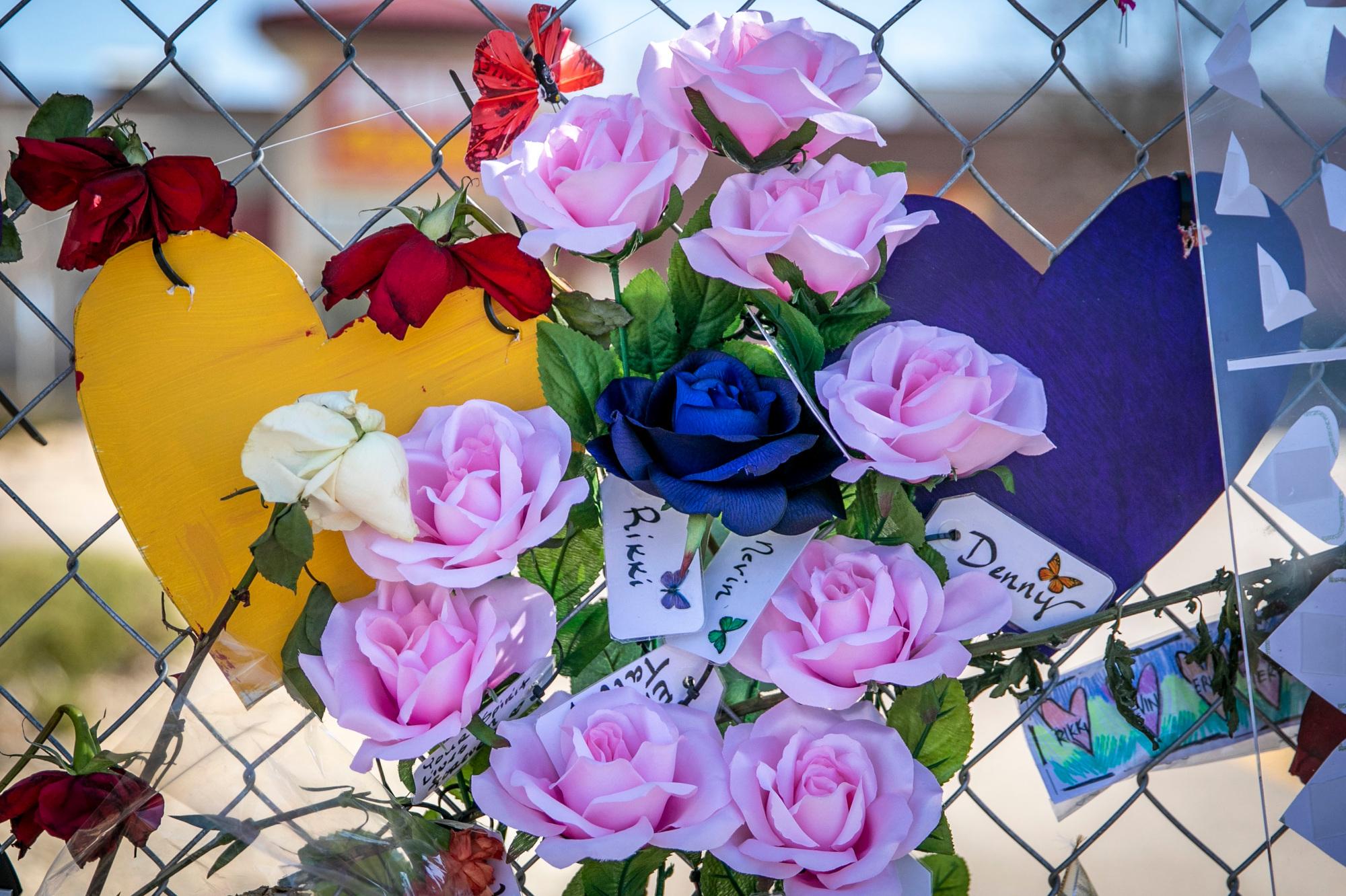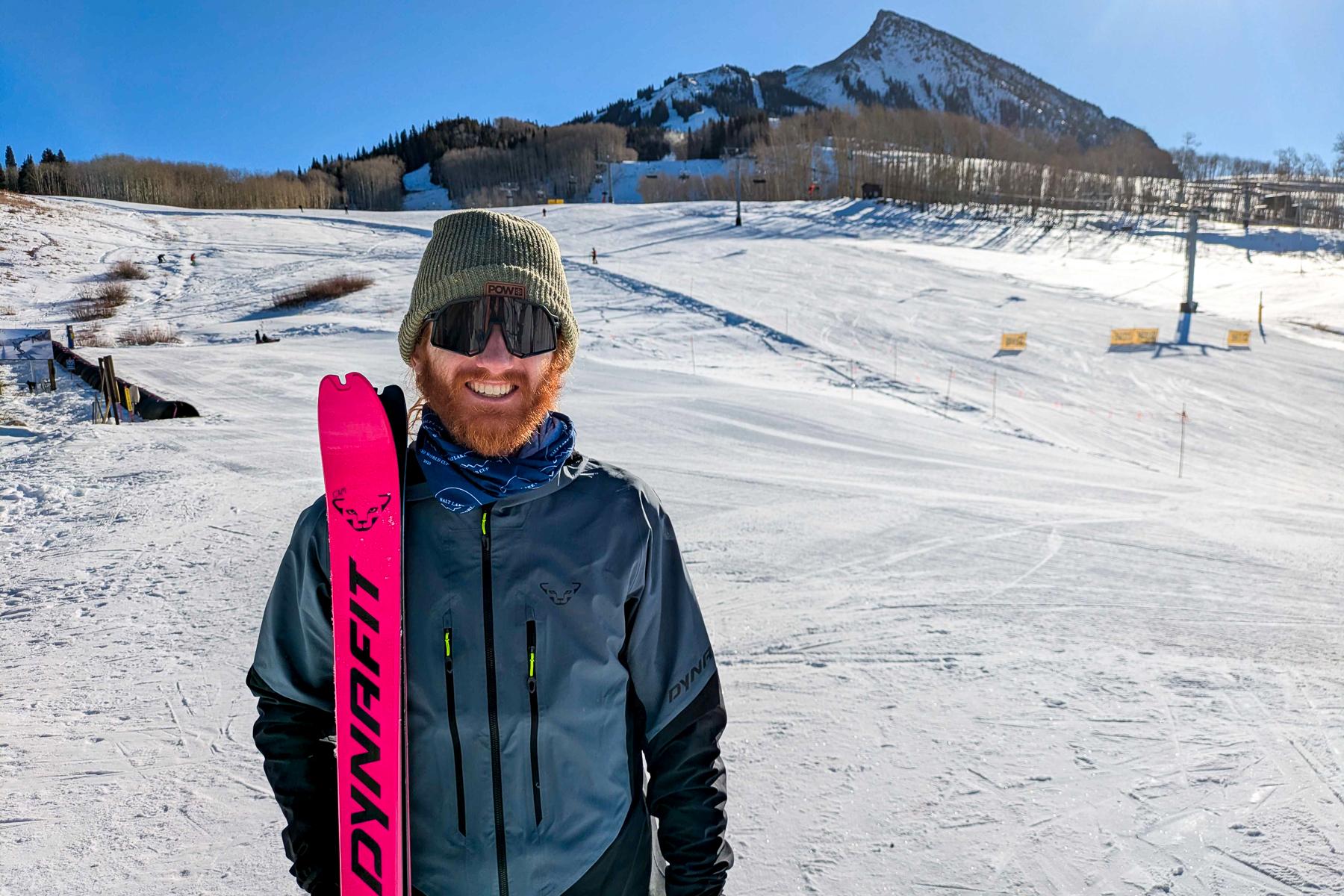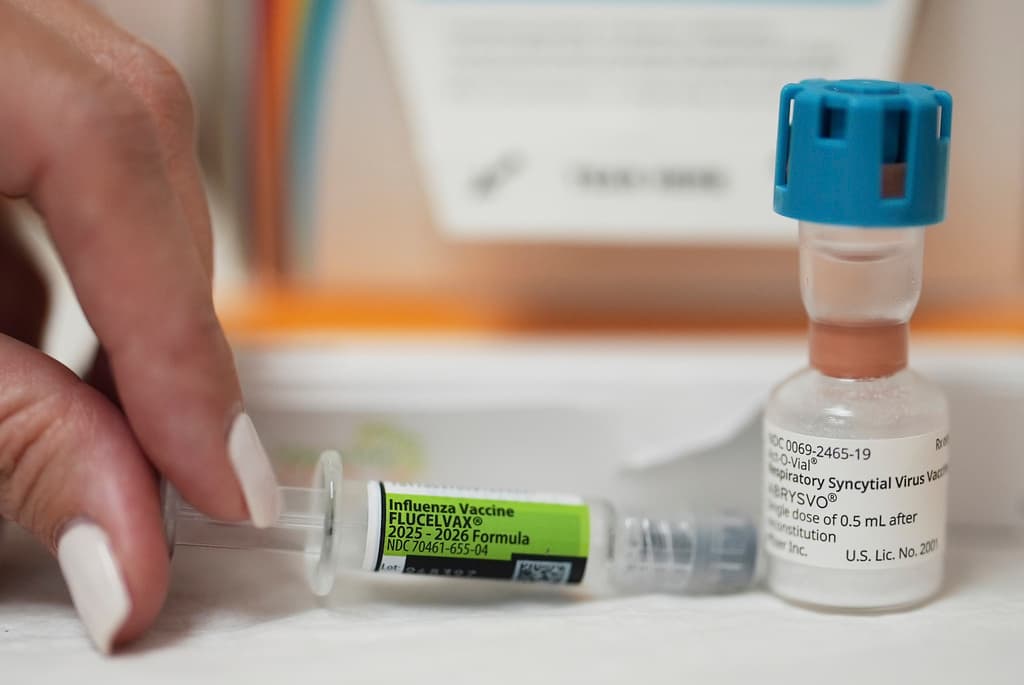
The Colorado Healing Fund hit a sadly historic milestone this month when it activated twice in less than two months.
“We've never been activated and reactivated this quick in succession,” said Jordan Finegan, executive director of the Fund.
First, it was the Boulder King Soopers shooting on March 22, where 10 people died, including a police officer. The fund started collecting donations right after to disperse to survivors and victim’s families for travel, rent and other needs based on their situations.
Then, on May 9, a man killed six people at a birthday party in Colorado Springs. The fund has since started collecting funds for this shooting, too.
The Colorado Springs incident marks the 13th mass killing nationwide in 2021, according to the Gun Violence Archive, which defines a mass murder as four or more people killed.
“It's been less than two months and it's both really heartbreaking and also just unfathomable that it would be this quick in succession in Colorado,” Finegan said.
The fund activates for mass criminal tragedies in which four or more people are killed. Finegan said they realized the need for the Colorado Springs victims immediately after hearing about it, but addressing two events at once is new territory.
“We've had to sort of figure out quickly how to best accommodate both tragedies at the same time,” she said. “Give both of them the same amount of time and consideration and respect and responsible donation collection and disbursement.”
In Boulder, the fund has supported victim family travel from outside of Colorado, including lodging and car rentals. In the first week after the shooting, the fund dispersed $415,000. It covers immediate costs for victims and families but also can cover long term costs, like mental health counseling.
In Colorado Springs, a 16-year-old survived the shooting and helped protect other children who were at the party. Finegan suspects some funds may go toward helping the teen and other children with long-term needs.
The Colorado Healing Fund was started with a million dollar grant from the state attorney general’s office. It’s made up of advocates, survivors and legislators who realized there were gaps in funding and resources after mass tragedies.
Finegan herself is the daughter of a victims' advocate who worked on the Oklahoma City Bombing trial. Finegan was in the fifth grade and would stand in line at the courthouse, holding a place for families. She said there were survivors and family members of victims at her childhood home for Christmas. Her mother went on to work on Columbine.
“My greatest hope is that we wouldn’t have to exist,” she said of her organization. “But here we are.”









